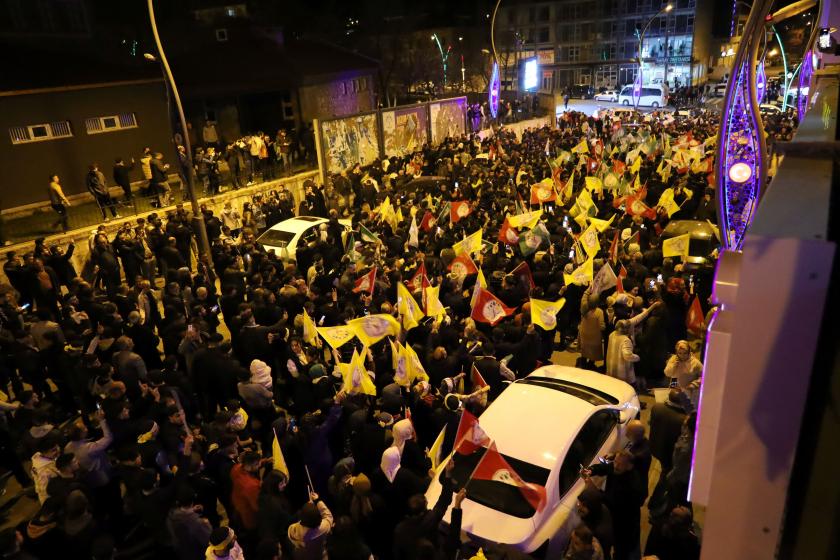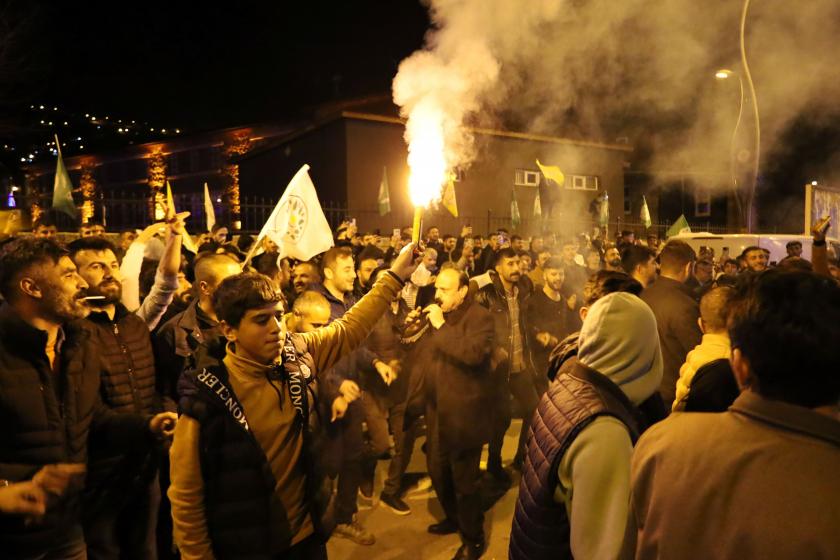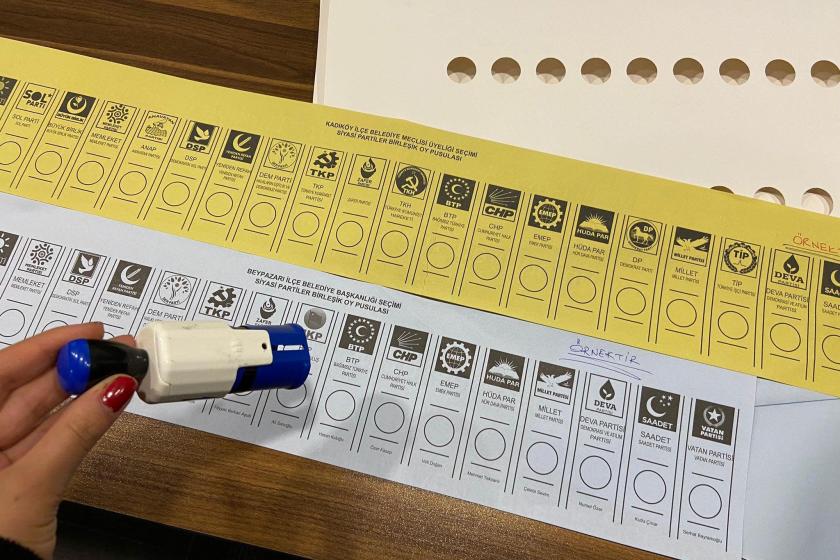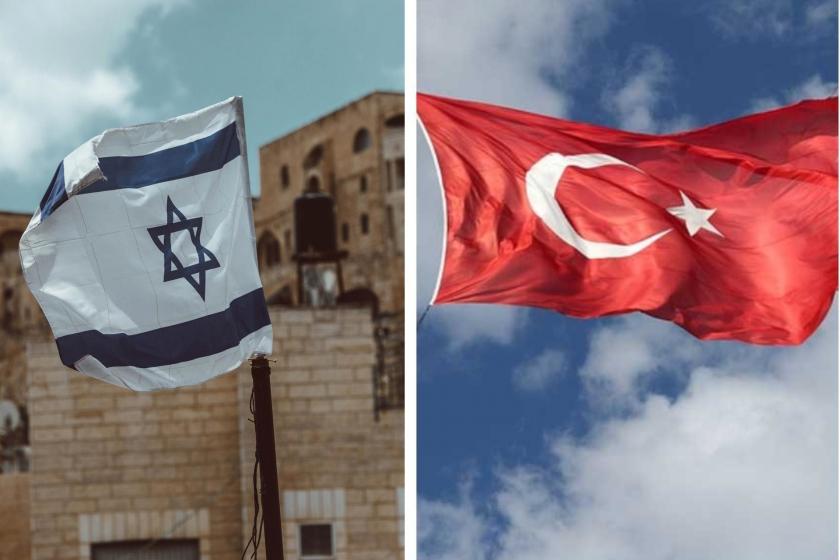Sandino PATRIOTA
Since May 2016, a government that has been the result of a parliamentary coup that overthrew President Dilma Roussef took office in Brazil and is headed by Michel Temer, a member of the Party of the Brazilian Democratic Movement - PMDB. Michel Temer and the PMDB have been party for more than a decade to the governments led by the Workers Party - PT, which had Lula and Dilma as their presidents.
In power, Temer applies an extremely radical neoliberal agenda, never before seen in the country. He invited the banker Henrique Meirelles, former executive of the Bank of Boston, to take over the Ministry of Economy. In the presidency of the Central Bank, second most important position in the economic area, is IlanGoldfajn. Born in Haifa, Palestine, Goldfajn is a former Itaú Bank executive and has strong connections with Israeli Zionists. The government is dominated by the interests of financial corporations in all its areas, so we can say that it is a bankers' government.
Three legislative reforms are at the center of Temer's recessive agenda. They are the reforms of the budget, labor and pensions.
The government, along with corrupt deputies and senators, has approved a constitutional amendment that freezes investment in social areas (health, education, housing, etc.) over the next 20 years. There will be two decades without increase in these areas, at a time when important states of the federation like Rio de Janeiro and Rio Grande do Sul are experiencing a budget crisis that leads to non-payment of civil servants (police officers, doctors, nurses, teachers, etc.). The economy generated by the cuts in the social areas has a certain destination: to finance the payment of interest on public debt, generating profit to the financial capital.
The labor reform was also approved by law in the national congress. Historical achievements gained from working-class strikes since the 1930s are now under threat. Outsourcing the hiring of labor has been allowed in all sectors of production and the right to union organization is strongly threatened. Currently, Brazil has more than 14 million unemployed according to the official data, and many are those who work without the right to formal registration.
The pension reform, which also plans to change the constitution, is currently voting at the congress. If approved, it will increase the contribution time needed for a worker to achieve retirement, creating rules that will make it practically impossible to retire due to resignations and outsourcing.
The coup government, even rejected by more than 90% of the population in all opinion polls, advances on social rights and sovereignty with ferocity. Only in August, this government: reduced the value of the national minimum wage; announced the privatization of strategic sectors of the national economy as the electric company Eletrobrás, and of several ports, airports and highways; and issued a decree authorizing mining in an environmental reserve area with more than 46,000 km2 located in the heart of the Amazon forest, an action that threatens the environmental balance in Brazil and throughout the region. Even the Casa da Moeda (Coin House), the public company responsible for printing the national money, the government wants to put up for sale.
Every week, new allegations of corruption are revealed, directly affecting the coup president or senior members of his government. The Attorney General, Rodrigo Janot, presented to the national congress a request to open a criminal investigation against the president, based on his corrupt proven relations with the confessed criminal Joesley Batista, now a resident of New York and owner of the meat company JBS, One of the largest in the world. The investigation, however, was denied by the congress, which voted in favor of Temer because many of the deputies were also involved in corruption.

2016 and 2017 are being marked by strong popular resistance to government measures. Throughout the second half of last year, demonstrations for the overthrow of the coup leader took over the whole country and the slogan of “Temer Out” and the Bankers was raised by various social sectors, especially youth that occupied schools and universities and carried out several direct actions.
Earlier this year, demonstrations began to reach a higher level as of March 8, international women's day, when women workers took to the streets of the country and halted against legislative reforms and to overthrow of the government. The women's demonstration created the conditions and pressured the leadership of the main Trade Union Centrals to carry out a general strike, which effectively took place on April 28.
The general strike of April 28 demonstrated the whole disposition of struggle of the Brazilian working class, which, in the face of the vacillation of various trade union leaders and the threat of unemployment, paralyzed several sectors and carried out actions of confrontation in the streets, especially in Brazilian, capital. More than 30 million workers joined the general strike, which was one of the biggest general strikes in the country's history.
It is important to note that in Brazil, there are six legally recognized trade union centrals, to which some 12 million workers are affiliated, the largest being the Central Única dos Trabalhadores - CUT. These centers are mostly directed by reformist trade union representatives, which have links to bourgeois parties. The CUT has its direction mainly constituted by members of the Workers Party - PT.
The success of the strike on April 28 and the government's insistence on anti-popular measures pushed the pressure on union centrals to call a new general strike. After the comings and goings, this strike has been effectively called for June 30, but in fact boycotted within the organization, which led to a stoppage smaller than that of April 28.
There are sectors that manage within the social movement for a conciliatory and reformist exit for the current crisis, avoiding the overthrow of the current government through popular demonstrations. In 2016, they lifted the banner of holding direct elections for president as an institutional alternative and now direct all the energy of the popular movement to electoral campaign around possible candidates for the national election scheduled for 2018. This conciliation stance led to the boycott of the strike of June 30 and the rise of the movement to confront government measures.
In fact, the electoral campaign has already begun, with real rallies being organized in the most different venues and regions and the candidates in real campaigning actions, although the election is scheduled to occur only in October 2018. It leads this electoral race to the Presidency, due to its history and popularity in the poorest regions of the country, former President Lula da Silva of the Workers' Party (PT).
The data show that the economic and political crisis that began in 2015 in Brazil is of serious proportions and is deepening. National GDP fell by 3.77% in 2015, 3.60% in 2016 and is forecast to by 0% by 2017. Unemployment reaches 14 million people, which constitutes to 13.7% of the Economically Active Population. But the numbers are much worse because of the high rate of casual employment. The states of the federation are entering into bankruptcy, with no money to pay hospitals, universities and police. In large and medium-sized cities, violence is increasing, especially affecting women (victims of rape, aggression, etc.) and black youth from the peripheries (victims of police violence).
The Social-Democratic reformers who ruled for 13 years (Workers Party - PT, Comunist Party of Brasil - PCdoB and other central and right-wing parties) failed miserably to present any popular solution program in response to the crisis. They defended the conciliation with the national capital and ended up discovered in corrupt operations of exchange of favors to enrich Brazilian capitalist companies like Oderbrechet (Engineering), Oi (Telephony) and JBS (Food). Harassed by the far right, they accepted the parliamentary coup and surrendered power without any serious confrontation.
These two facts (the economic recession and the political bankruptcy of social democracy) provide a conducive environment for the growth of fascist proposals, as has happened at other times in the history of Brazil and other countries. Now these proposals have as Protestant pastoral spokespersons who stand up in defense of the family and against the rights of homosexuals; Police and military personnel who raise the flag of the death penalty and life imprisonment; And landowners who denounce the rights of indigenous peoples who, according to them, "neither work nor produce."
For the time being, these forces are dispersed by the lack of common leadership. But a former army captain and current deputy, Jair Bolsonaro, emerges as a candidate for president of the republic. Introducing himself as the main opponent of the PT, Bolsonaro seeks to raise the banner of nationalism and militarism as a way of unifying the fascists around a program. Opinion polls show that 16 percent of voters would vote in Bolsonaro for president if the elections were held today.
Sectors of fascism are also strengthened within the judiciary power. It was through this power that the conditions for the overthrow of the government of President Dilma Roussef were created, in particular, through the so-called Lava-jato operation, conducted by the Federal Police, the Public Attorney and Judge Sérgio Moro of the state of Paraná. With the development of the operation, several constitutional prerogatives and legal guarantees were reviewed under the argument of arresting the corrupt. The corrupt ones within the judiciary and those linked to the right-wing parties that needed to be protected, however, were not hit and remain inside the government. Now it is in the hands of the judges that Lula da Silva may or may not be a candidate in 2018, since a process for receiving bribes is under way to be tried in the federal court of Paraná. If Lula is convicted, he can not be a candidate.
Organized crime in poor communities in many of the country's cities is another factor that favors the growth of fascism. These are illegal armed militias, some of them composed of Military Police officers, who control drug dealing, gas distribution, transportation and internet services within favelas. True capitalist enterprises, outside of formal legality, arm an army of mercenary lupemproletarians who have proved useful to fascism.
At the international level, the growth of far-right groups in the region is another factor that contributes to the strengthening of fascism. Especially in Venezuela, a country bordering northern Brazil, the possibilities for civil war and economic problems give ammunition to an extreme right that speaks against the Communist and Bolivarian "left" as responsible for the situation.
The general tendency is to unify the fascist positions around a common program. Whether through the Protestant Church, or through a cadre out of the military, or through a representative of the judiciary, fascists tend to present themselves unitarily in defense of the dictatorship of capital.

The strengthening of a revolutionary alternative in Brazil, in this way, cannot fail to take into account both the importance of unmasking social democracy and reformism and the need to confront fascism on a unique front.
The Popular Unity for Socialism - UP is the political alternative that is in process of legal registration to fight in a unified way by the program of Popular Power and Socialism. It is a unity of social movements that defend socialism as the way out of the crisis that we currently witness. The UP has raised the banner of “Temer Out” and the Bankers as a way to unify the working class to overthrow this government through the mobilizations and has sought to put itself at the forefront of struggles of resistance to anti-popular measures. From October 2016 until now almost 400,000 people have signed up to support UP's electoral registration.
The Fearless People's Front, in addition to other initiatives of regional character, has sought to fulfill the role of the united front against the fascists, unifying different movements for a democratic program and denunciation of the extreme right.
The aggravation of the economic crisis will inevitably lead to deeper clashes between the working class and the capitalists, paving the way for the construction of alternatives that can only be the work of the working-class itself.
* Journalist, São Paulo, Brazil.



